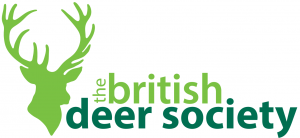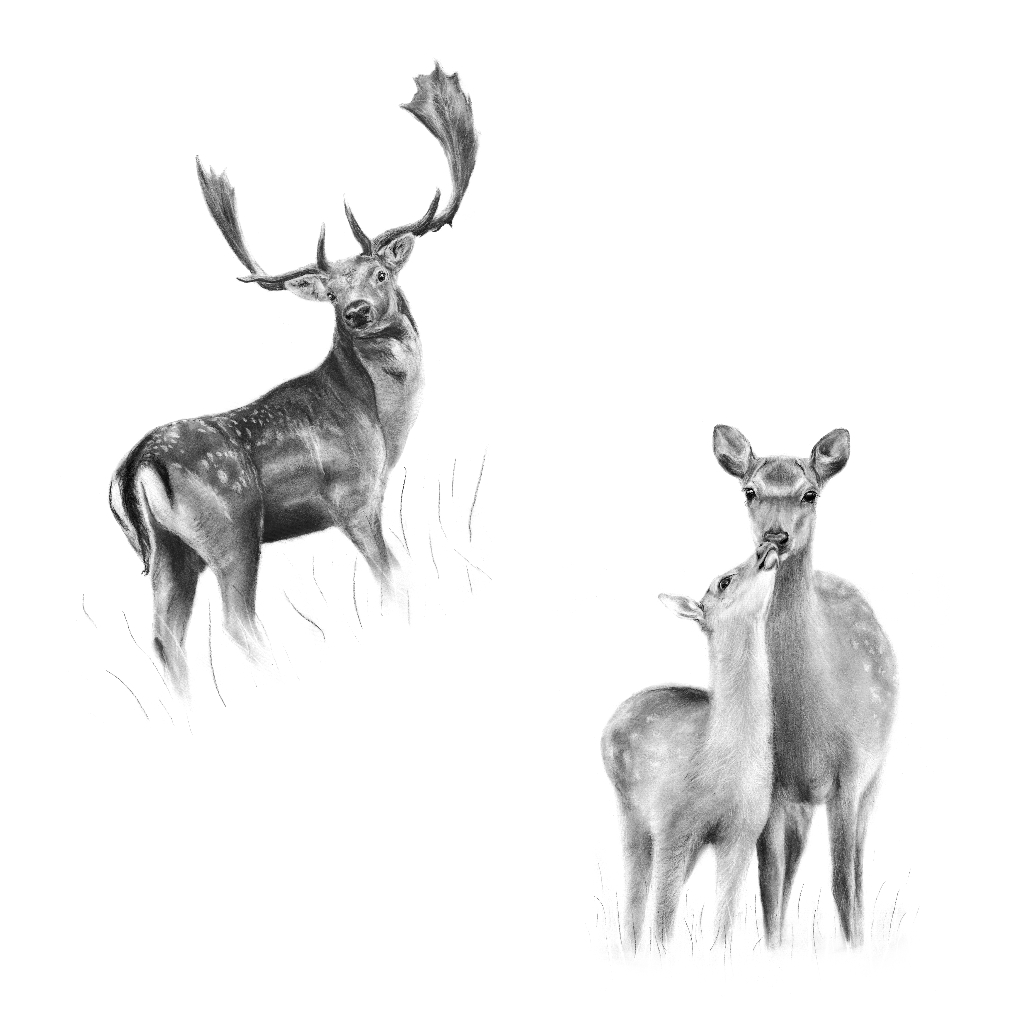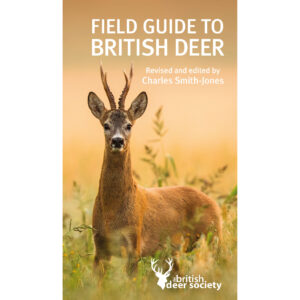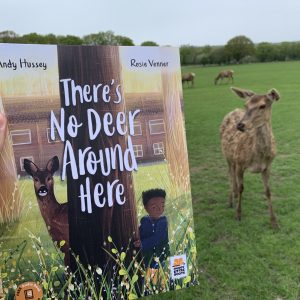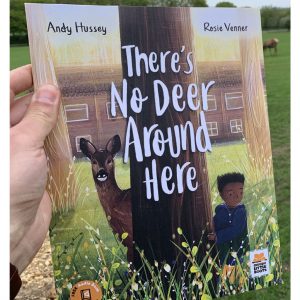ABOUT THE PILOT STUDY
The highlands are an iconic feature of Scotland. The open moorland and mountain landscapes are valued and enjoyed by both residents and visitors, while these areas also provide the resources for a range of activities such as hill farming, deer stalking, game birds, forestry and fishing, which help to support the rural economy. In recent years, a number of drivers of change have affected deer management in the uplands.
These fall into three into three broad areas. First, there has been an increasing policy emphasis on managing grazing impacts through reducing deer densities, especially for priority habitats.
Second, culling and fencing associated with increased woodland planting has affected deer numbers and distribution. Third, trends in recreation coupled with the Land Reform (Scotland) Act 2003 have led to increasing numbers of people accessing rural areas to walk in the mountains. These changes have led, in some cases, to conflicts between the legitimate objectives of landowners and the public benefits that highland landscapes provide.
An improved understanding of the nature of such conflicts might aid their management. Here, we focus on an example of where recreational land use might be impacting on the economics of deer stalking. Specifically, we report on a pilot study to identify whether available management information can be used to access trends in the abundance, culling levels, distribution and habitat preferences of red deer (Cervus elaphus L.), in order to determine whether further research into the drivers of change might be warranted
FURTHER READING
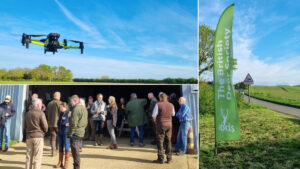
BDS Launches First Drone Survey Thanks to Supportive Members
We are thrilled to announce a groundbreaking moment for the BDS community: the successful launch of our first drone survey funded by last year’s award-winning Big Give campaign. This achievement has been made possible through the unwavering support and contributions of our dedicated members and supporters.
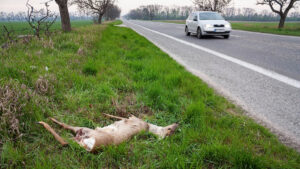
Responsible Deer Management Clear Up
This article stresses responsible deer management, especially in disposing of deer carcasses after incidents like Deer Vehicle Collisions (DVCs) and humane dispatch. It highlights the need to ensure public safety and sensitivity by properly handling carcasses and following best practices.
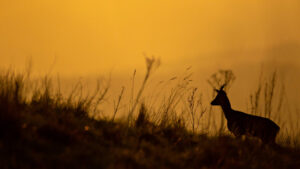
Ask BDS: Does the BDS Investigate Wildlife Crimes?
Discover how the British Deer Society addresses wildlife crimes, offering guidance to concerned individuals and collaborating with authorities. Explore their role, limitations, and the importance of collective action in protecting our wild deer.



